Housing Costs, Homelessness, and Crime Fuel Petition To Have Oakland Mayor Recalled
Oakland residents are reportedly becoming increasingly frustrated with escalating housing costs, homelessness, and crime. This dissatisfaction has led to a recall petition against Mayor Sheng Thao, initiated by Oakland United to Recall Sheng Thao (OUST).
The group gathered over 25,000 signatures, qualifying the measure for the November ballot.
Mounting Opposition to Progressives
Since 2011, Oakland’s progressive movement has been strong, but recent events indicate a shift.

Source: Eric Chan, Wikimedia
Local politics writer Steven Tavares noted that the progressive era is ending, exacerbated by a budget crisis and rising crime.
The Recall Petition Gains Momentum
In June, OUST submitted its petition, which Alameda County officials confirmed met the threshold of 25,000 signatures. This allows the recall measure to appear on the November ballot.

Source: Freepik
The campaign cites worsening public safety and economic conditions under Thao’s leadership as primary reasons for the recall effort.
Leadership Changes Amid Controversy
Shortly after the recall campaign qualified for the ballot, Mayor Thao faced further challenges. The FBI raided her home, leading to the resignation of her attorney and chief spokesperson.

Source: Pexaby/Pexels
Although Thao has not been charged with any crime, the situation has intensified calls for her removal.
Public Safety Concerns
Critics argue that public safety has declined under Thao’s administration. The firing of Police Chief LeRonne Armstrong has been a contentious issue.

Source: Freepik
Recall supporters believe this decision has contributed to the city’s escalating crime rates and deteriorating economic vitality.
A Centrist Alternative Emerges
Loren Taylor, who lost to Thao in the 2022 mayoral election, positions himself as a centrist alternative. Taylor emphasizes the need to address Oakland’s fiscal and safety crises.
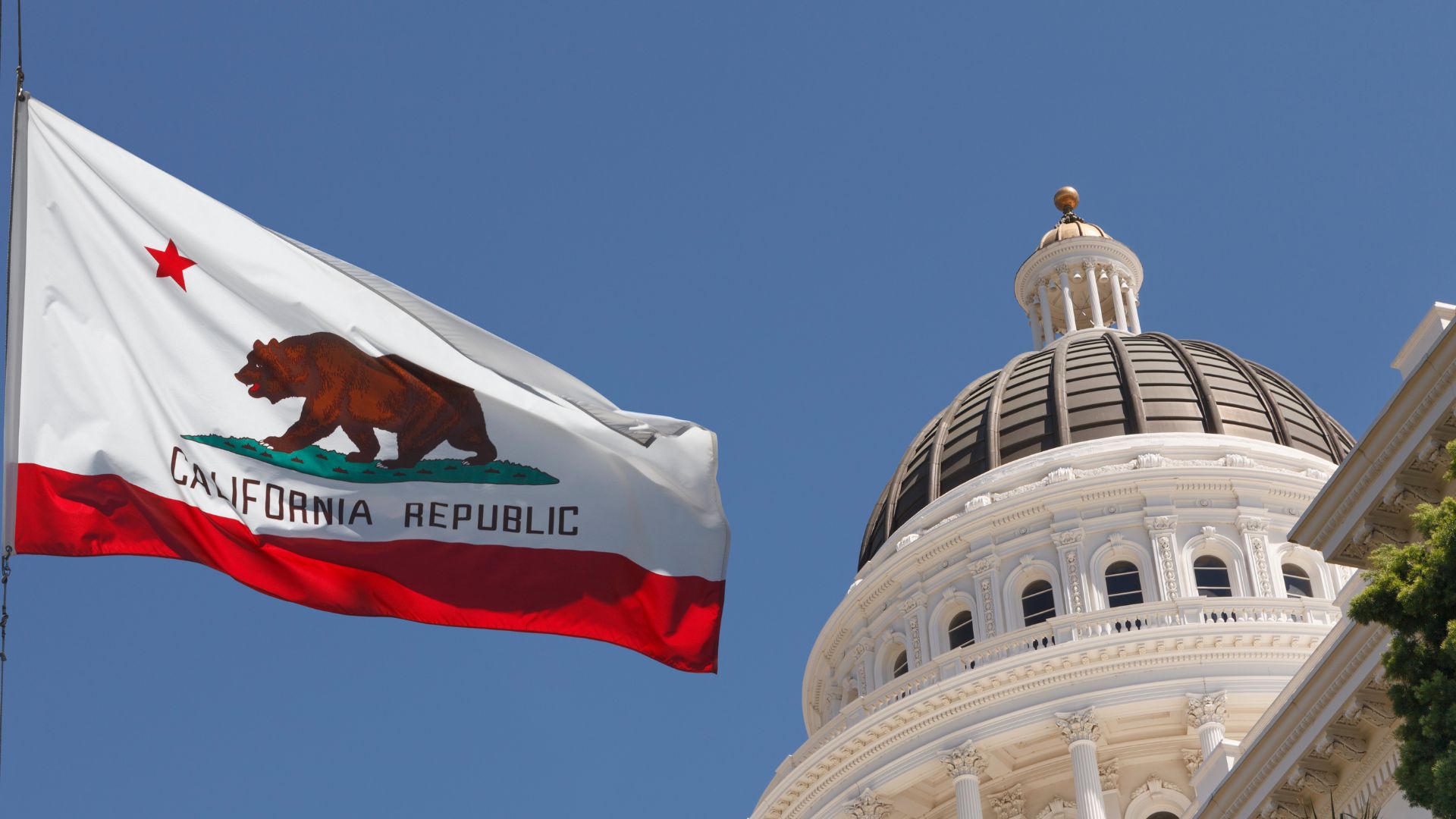
Source: Canva
He believes his approach can help the city rebound from its current challenges, including the post-pandemic recovery.
Community Voices and Concerns
Community members express a shared desire for change. J.J. Jenkins, a bartender, highlights the city’s escalating violence, recounting a shooting that forced him to close his bar early on June 19.
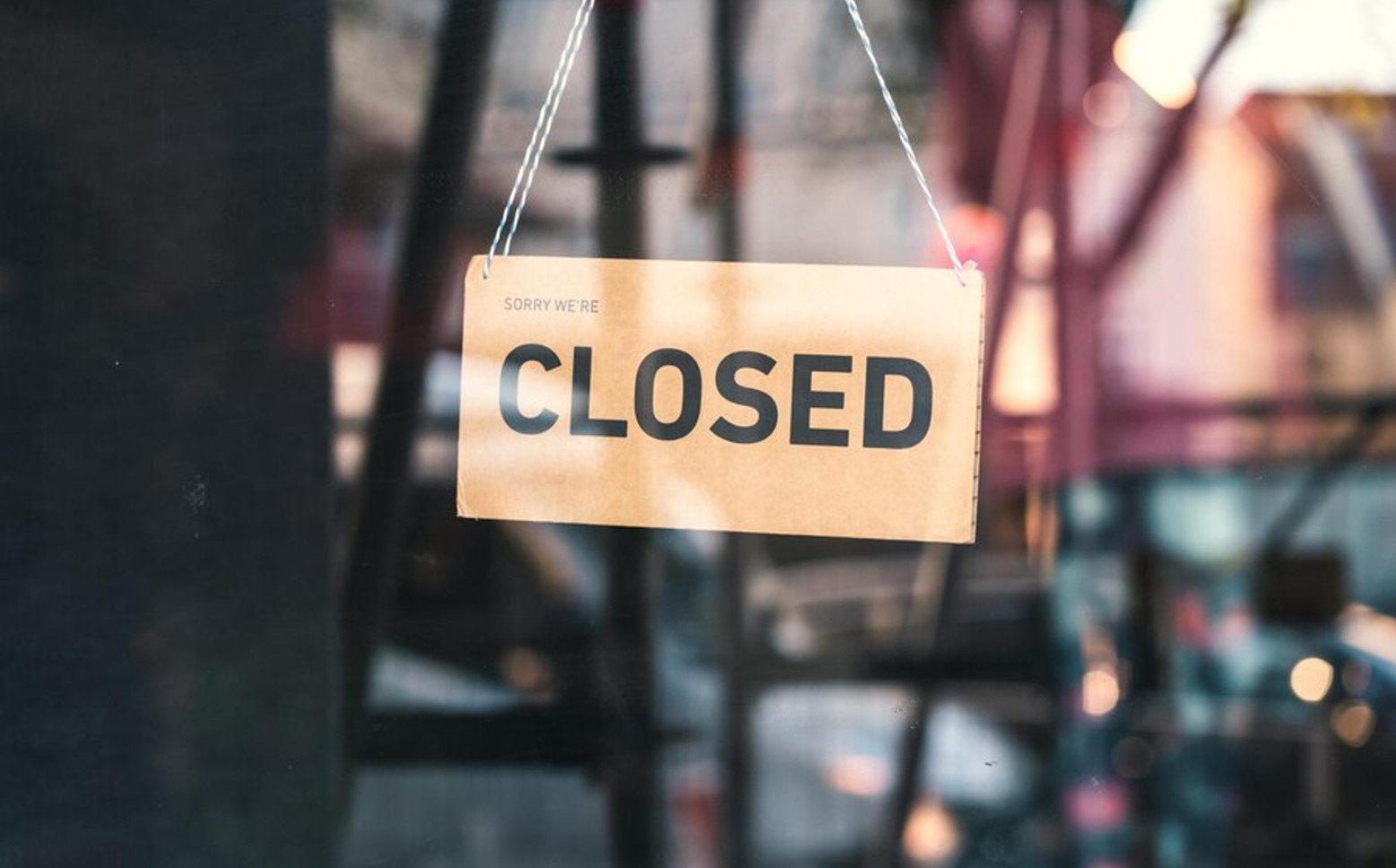
Source: Freepik
Residents like Jenkins are increasingly fearful of moving around the city due to safety concerns.
Homelessness and Economic Challenges
Pastor Dr. Ken Chambers, who runs homeless services at his church, describes the multifaceted issues facing Oakland, including crime, homelessness, and human trafficking.
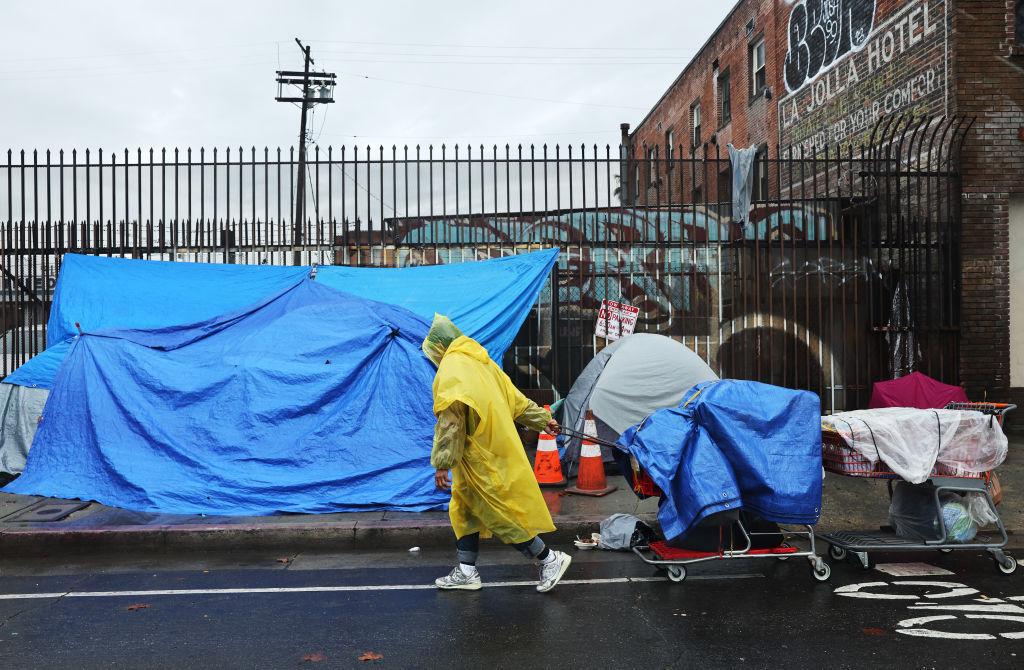
Source: Mario Tama/Getty Images
He notes that these problems have worsened despite efforts to address them, creating a complex and troubling situation for the city.
Clearing Homeless Encampments
In an attempt to address homelessness, Oakland officials have shut down over 500 encampments in the past three years.
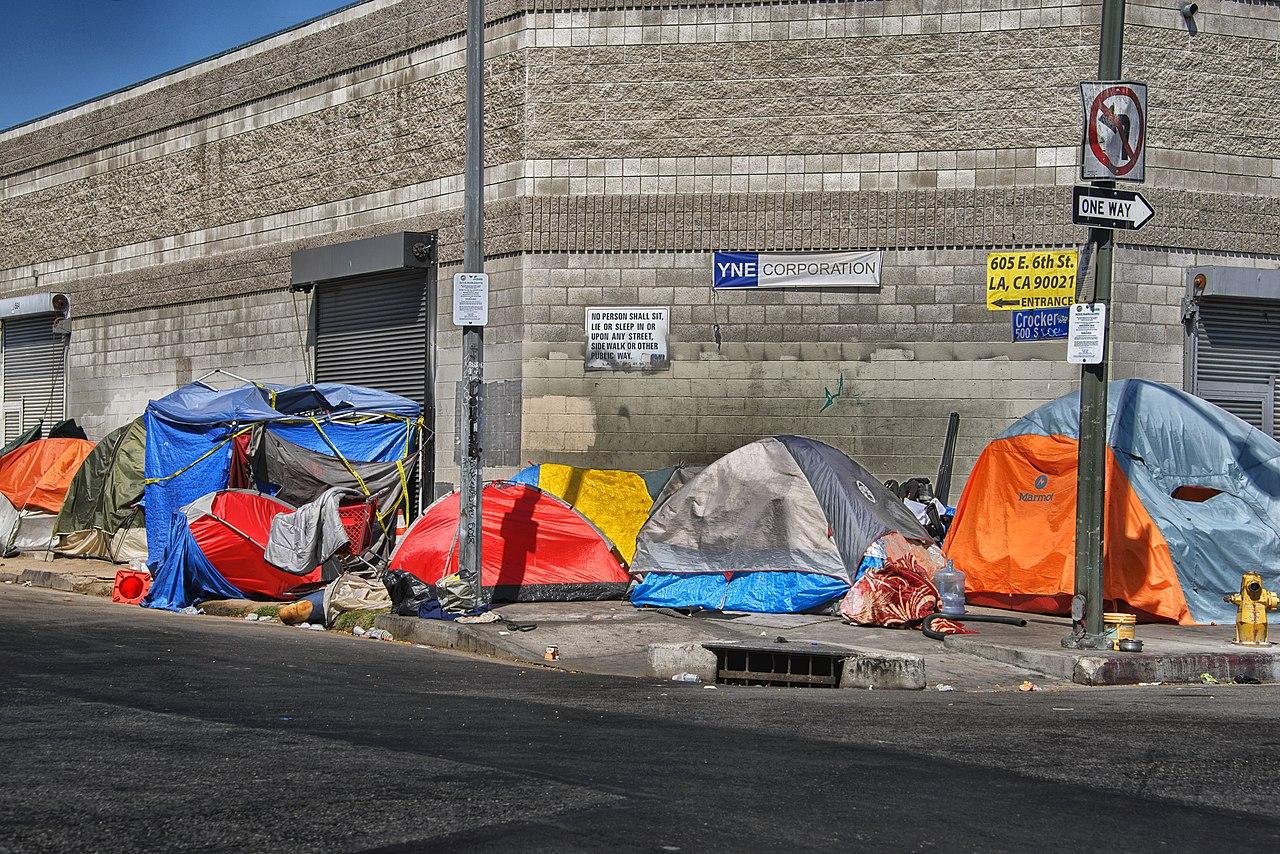
Source: Wikimedia
However, approximately 1,500 remain, according to a city report. The crackdown has sparked controversy, with advocates criticizing the city’s treatment of the homeless population.
Criticism from Homeless Advocates
Homeless advocates argue that the city’s efforts to clear encampments have been ineffective and inhumane.
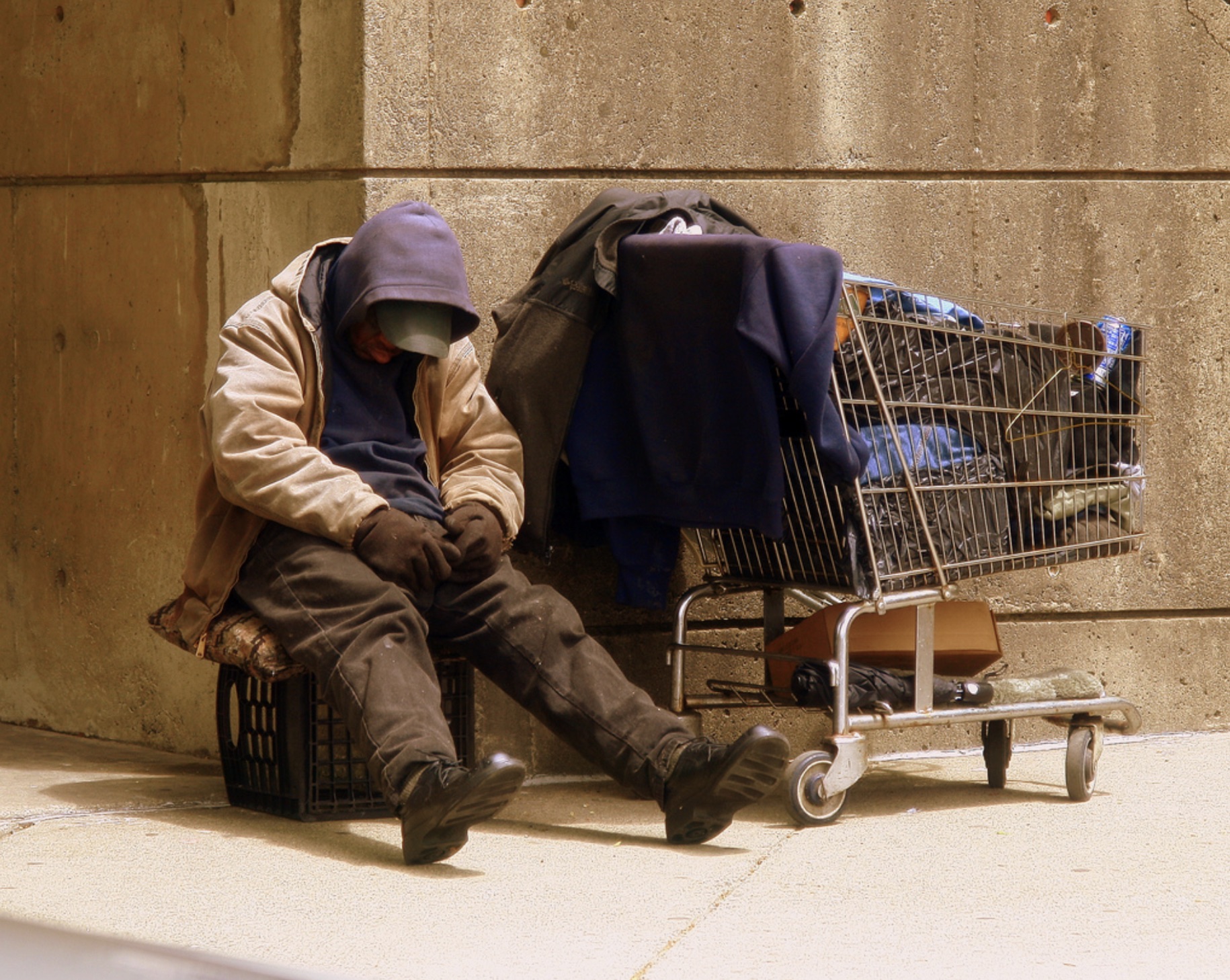
Source: Wikimedia
They believe that more comprehensive solutions are needed to address the root causes of homelessness and provide adequate support for those affected.
A Broader Perspective on Oakland's Issues
Some residents, like Ayodele Nzinga, believe that Oakland’s problems reflect broader national issues rather than local governance failures.
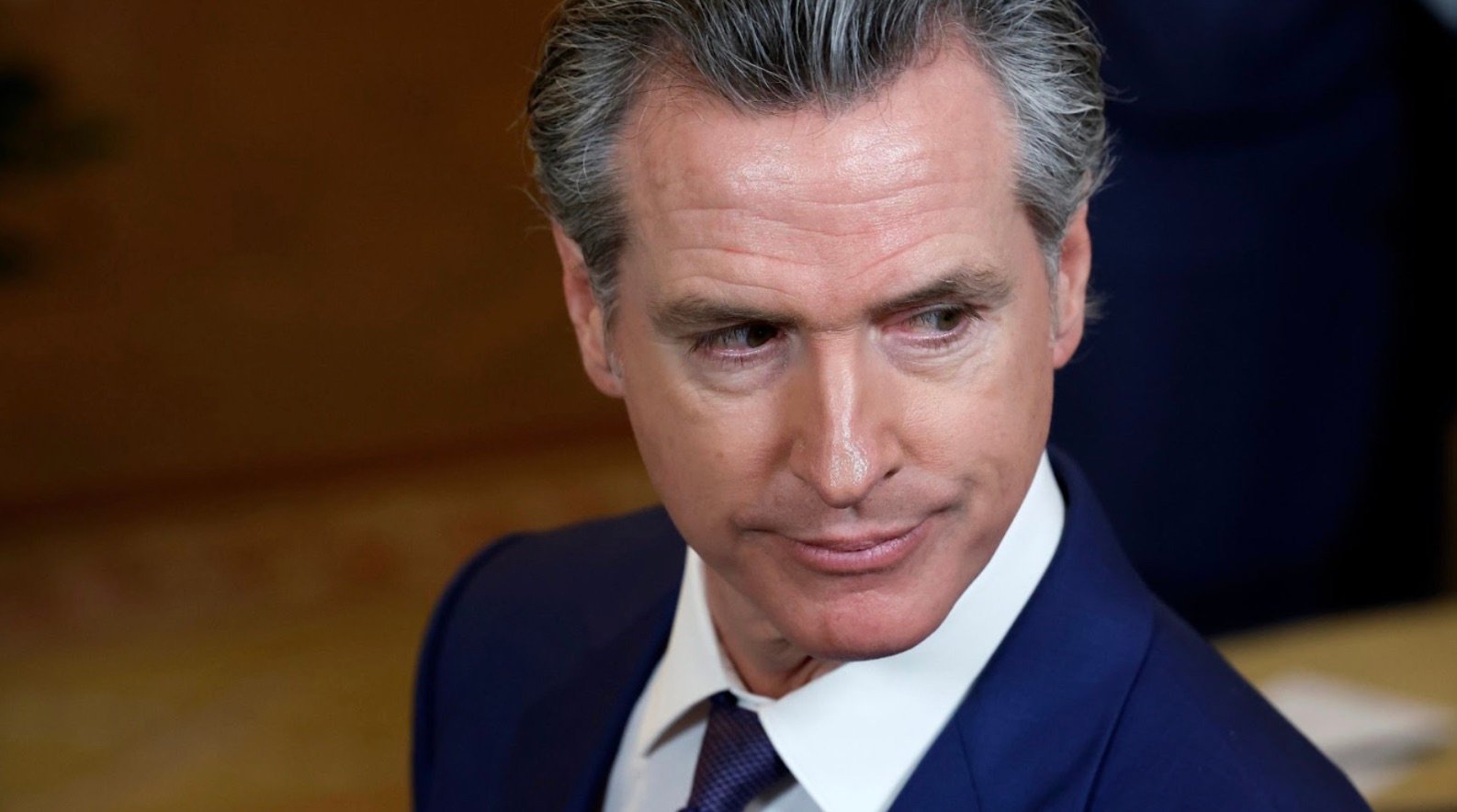
Source: Chip Somodevilla/Getty Images
Nzinga, a poet and founder of the Lower Bottom Playaz theater group, argues that the city’s challenges are indicative of a larger, systemic problem.
Looking Ahead to November
As Oakland prepares for the November recall vote, the city’s future hangs in the balance.

Source: Freepik
The outcome will determine whether Mayor Thao remains in office or if a new leader will step in to address the pressing concerns of housing costs, homelessness, and crime that have fueled the recall effort.
